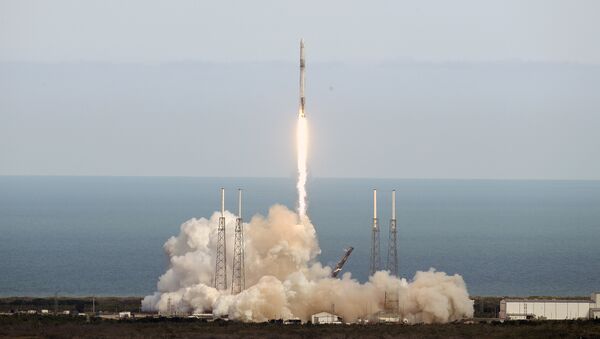Beijing considers self-governing Taiwan - lying just 100 miles or so off the Chinese mainland - to be part of its territory and claims sovereignty over the island. Taiwan, however, still bears the name of the pre-Communist-era government, the Republic of China, whose territorial control was confined to the island at the conclusion of the civil war in 1949, when the People’s Republic of China was established on the mainland. Taiwan has repeatedly rejected Beijing’s sovereignty claim.
In recent months, the US Navy has increased its activities in the Taiwan Strait, sailing through the strategic waterway to demonstrate US commitment to freedom of navigation operations in the region, especially as Beijing-Washington relations faltered last year amid the ongoing trade war.
However, despite abandoning the rocket plans, Taiwan’s Ministry of Science and Technology has promised to move on with its space program and launch at least one satellite every year for the next 10 years, Asia Times reported.
In February, the ministry announced that the nation’s space program had reached its third phase, during which it hopes to launch 10 satellites ‒ one every 18 months ‒ one of which would orbit the moon, Sputnik reported.
The project, expected to cost NT$25.1 billion ($814 million), would be headed by Taiwan's National Applied Research Laboratories and the National Space Organization (NSPO), according to Minister of Science and Technology Chen Liang Gee, Taiwan News reported at the time.
Six of the new generation satellites will be high-resolution optical remote sensing satellites. Taiwan only launched its first domestically made satellite two years ago. The Formosat-5 launched on a SpaceX Falcon 9 rocket in August 2017, the Straits-Times reported.




